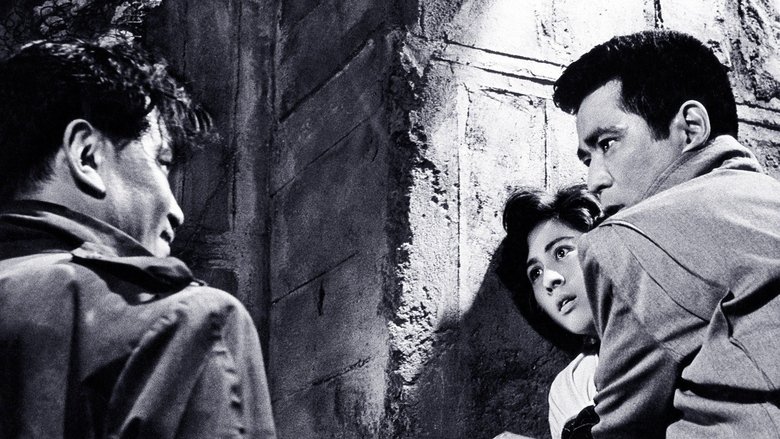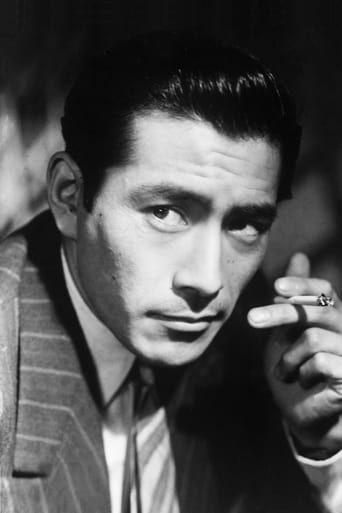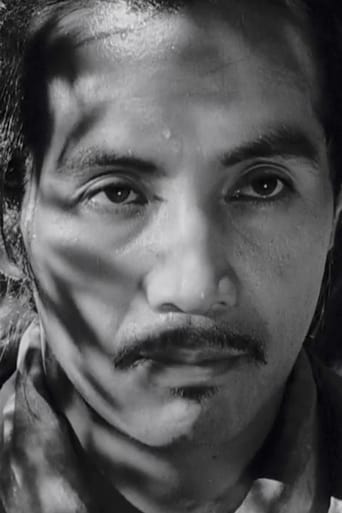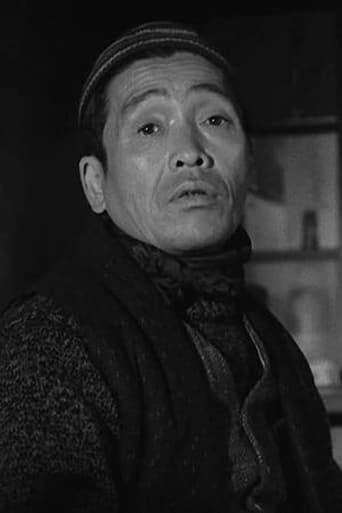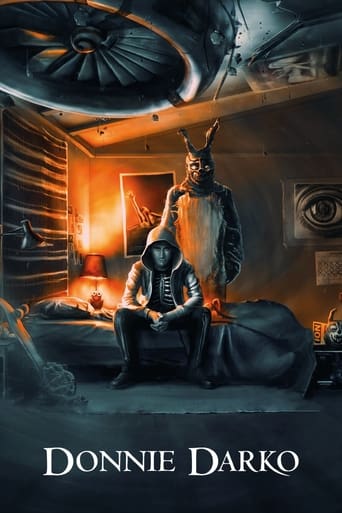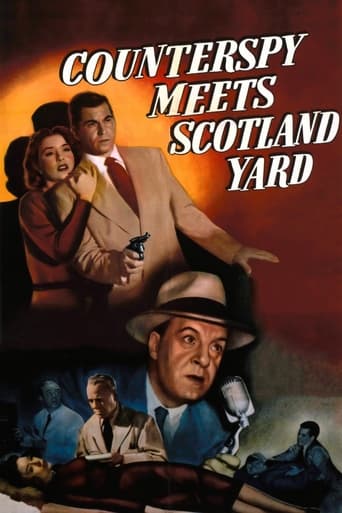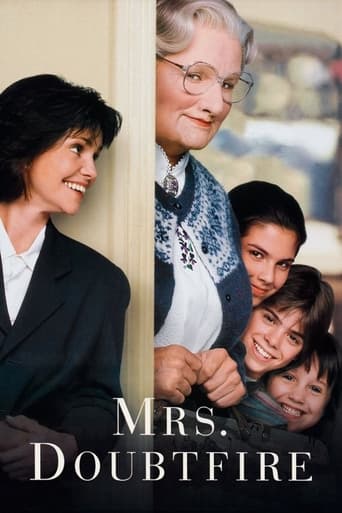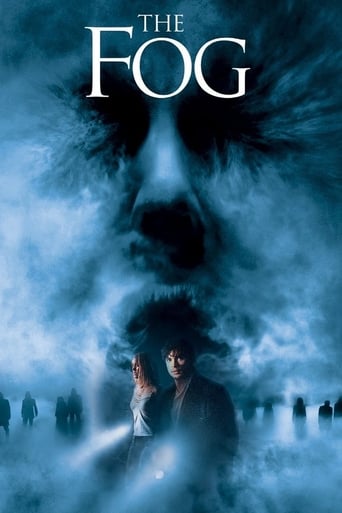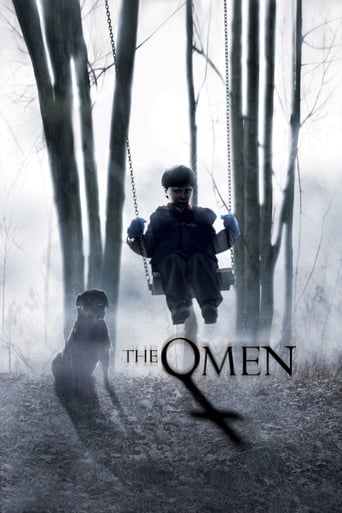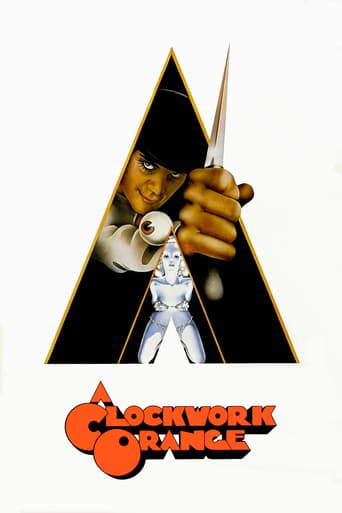The Bad Sleep Well (1960)
In this loose adaptation of "Hamlet," illegitimate son Kôichi Nishi climbs to a high position within a Japanese corporation and marries the crippled daughter of company vice president Iwabuchi. At the reception, the wedding cake is a replica of their corporate headquarters, but an aspect of the design reminds the party of the hushed-up death of Nishi's father. It is then that Nishi unleashes his plan to avenge his father's death.
Watch Trailer
Free Trial Channels
Cast


Similar titles
Reviews
I like Black Panther, but I didn't like this movie.
How sad is this?
A different way of telling a story
Very good movie overall, highly recommended. Most of the negative reviews don't have any merit and are all pollitically based. Give this movie a chance at least, and it might give you a different perspective.
It is a high-profile wedding: the daughter of Mr Iwabuchi, a wealthy businessman, is marrying Mr Nishi, a car salesman. However, Mr Iwabuchi and other senior members of his company are suspected of corporate malfeasance and the wedding becomes a bit of a farce, with the press swarming all over it. To add to the discord, the company officials are rather publicly reminded of an ignominious event which occurred a few years ago - a senior employee committed suicide by jumping from the 7th floor of their offices. Now other senior officials are committing suicide and it looks like it is related to that death of a few years ago.Directed, and co-written, by Akira Kurosawa, and he is in fine form. Great revenge plot that is quite Shakespearean in its flow and "no good deed goes unpunished" modus operandi. Reminded me a lot of Hamlet though it is not a clear adaptation - the characters don't exactly map to characters in Hamlet, and the plot, while feeling Hamletesque, is not exactly the same. Not that Kurosawa didn't adapt Shakespeare's plays - Throne of Blood was an adaptation of MacBeth and Ran was an adaptation of King Lear.Plot and tension build well. Things start off rather innocently, with a wedding, and disjointedly as the relevance of certain characters and connections between different characters aren't always obvious. But as time goes the strands all start to coalesce and everything starts to come together.By the end the tension and intrigue are ramped up to the max, leaving you glued to the screen. The ending is poetic, but I felt that something more positive and definite was in order.Solid performances all round. Toshiro Mifune is there, of course - it wouldn't be a Kurosawa movie without him - and does a great job.
Viewed on DVD. The "Iron Triangle" is a label often applied to inherently corrupt (by the standards of most Giajin) and inclusive business relationships consisting of government ministry bureaucrats, a major financial institution, and a large corporate monopoly where each is in the pockets of the others (to, of course, gain/retain power and get rich before and/or after "retirement"). Script (and its execution) in this film has it's moments, both good and bad. Among the latter: a mother who conveniently (and within seconds) finds an old funeral photo that just happens to include Toshira Mifune (who is her illegitimate son) that looks like a PR shot; and a glass of wine laced with poison (or so we are lead to believe) that turns out to be a sedative. Very uneven direction: players like Mifune and actress Kyoko Kagawa deliver restrained, solid, and believable performances; others are allowed to over act to the point of becoming self caricatures and cartoon figures. Kagawa's role is small, but critical. She projects the fundamental sweetness of her character to the point of stealing most of the scenes she is in. Deep focus cinematography (where both the foreground and background are in focus) is most impressive. Foley (i.e., dubbed sound effects) is marginal: even those wearing sandals or men's shoes sound like they have high heels on! The music score is, well, simply terrible: it grates on the ears and greatly distracts from rather than adding to the film experience. All in all, an OK movie, but no cigar. WILLIAM FLANIGAN, PhD.
While enjoyable, the film to me was very long and drawn out in it's pacing, but it has moments of brilliance and Kurosawa's usual artful directing style. Toshiro Mifune is rather restrained and against type, but it suits the film well. His character marries into a family of wealthy, corrupt bureaucrats who have a tendency to not get caught, silencing any dissenting voices, especially from any employees who don't play along. "The Bad Sleep Well" has it's fair share of twists and turns, playing out like a film noir, with a distinctive Japanese twist.After recently watching Kurosawa's masterful ransom drama "High and Low", this movie comes off as a bit of a let down, mainly because I felt the story didn't need to be as convoluted as it was (the opening marriage scene, for example, has all the main players and their back stories hurriedly introduced by a group of observing reporters) and from the start it was a bit hard to follow along and be as connected with the characters and plot as I'd have liked to have been. In saying all that, the ending is brilliant, lending great dramatic weight to the proceeding events as well as being completely surprising.
Director Akira Kurosawa and star Toshiro Mifune collaborated on many of the 20th Century's most acclaimed and appreciated films, including "The Seven Samurai," "Rashamon" and "Red Beard." In my opinion this particular collaboration isn't quite as impressive as these films or "Stray Dog," but it is a solid dark melodrama that explores its characters even while it follows them on a fatal journey. Mifune plays Koichi Nishi, a man who marries into the family of the vice president (Matsayuki Mori) of the Public Corporation in order to get revenge on the executives who caused the suicide death of his father.There's several problems for me with the story. First of all I never really believed that Nishi was in love with his wife (Tatsuya Mihashi). Yes, I can believe that he can recognize the quality of her spirit and I find the melodrama of the conflict between his revenge death-wish and his personal feelings compelling, but I don't think it was established well enough beyond the simple fact of Nishi stating that it was so. Also I think there's an insurmountable cultural difference that tends to take at least a modern American audience (if not very possibly a modern Japanese audience) out of the movie to some extent there's an assumption built into the story that we will accept that these suicides were the natural consequence of the corporate misdeeds perpetrated by Iwabuchi and his underlings. However in our culture you would be more likely to go talk to a federal watchdog agency than to jump out of a window if you discovered that your superiors were grafting the public coffers. That makes the whole melodrama feel a bit overwrought and Nishi's anger somewhat misplaced.However these relatively unconvincing elements are made up for to a great extent by a variety of really astonishing setpeice scenes. Probably the most memorable is when Nishi takes Wada (Kamatari Fujiwara) to watch his own funeral, even providing a soundtrack of his superiors gloating over his death as broadcast by 2 track tape device! The inter-cutting between the horrified Wada and the solemn attitudes of the pallbearers and mourners is truly striking and bizarre. I also thought the scenes where Wada was presented as a "ghost" in the alleyway were very well done. The film starts to bog down in the extended sequences where the kidnapped Moriyama (Takashi Shimura) is starved into confessing his corporate secrets. But the ending is suitably dark and offers no escape from the decisions made at whatever point in the past.Perhaps I will have more comments on this one if I watch it again in the future, but for now this is all I really have to say.


